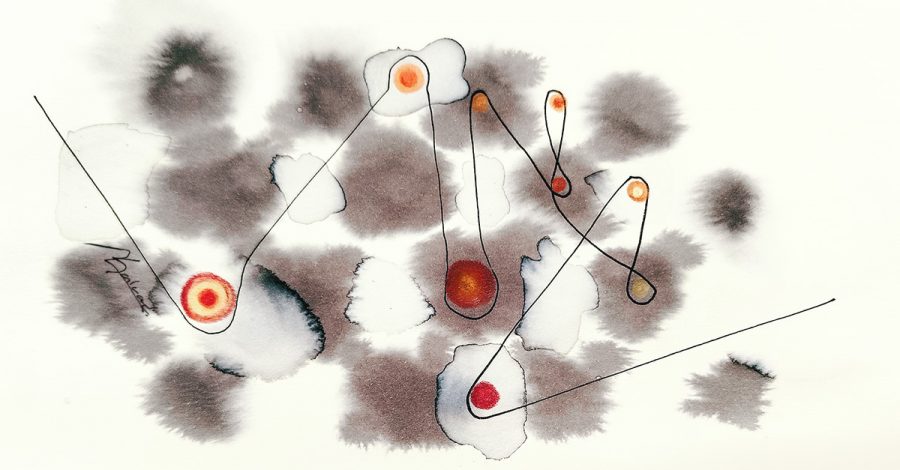This post is a continuation of Making Complex Decisions – Strategy in Chess.
Deciding is difficult. Most of the decisions we face, except perhaps the trivial decisions of everyday life, involve countless variables, with an infinite number of ramifications over time and across the most diverse areas of our lives. The outcome of our decisions depends on the decisions of others, on the context that surrounds us, on chaos – predicting is impossible.
Prediction is very difficult, especially if it’s about the future.
Neils Bohr (unproven origin)
So, if it’s impossible to predict the outcome of our decisions, how can we decide?!
A decision, as opposed to a random act, is a conscious and intentional attitude:
- We decide to do A because A seems better than B;
- Why does A seem better than B? Because the result of A seems better than that of B;
- And how do I know the outcome of A and B if I can’t predict them? Right…
This is where Positional Chess comes in.
I’m not claiming that it is a miraculous cure that solves all problematic decisions, I’m simply arguing that it is an extremely useful analysis model for making complex decisions, especially when they have a long-time effect and a lot of associated uncertainty.
Besides analysing the actual outcome of the decision, we analyse the position it leaves us in.
And how do we evaluate that position? What is an advantageous position? How do I know that a certain position is better than another?
The answer is not clear-cut, but if we think carefully, a few relevant factors quickly stand out:
Options
Having options, all other things being equal, is always more advantageous than not having them. A decision that gives us options may be more advantageous than one that closes them off.
Skills and learning
Personal skills are a critical asset these days. What we know, what we can do, what we can learn, what resources we can access, etc.
A position in which we have more personal skills is almost always more valuable than one in which we have fewer.
Adequacy of resources
A position in which our skills or resources are more valuable will be better than a position in which they are not as much. If I’m good at driving a car, then a path that involves driving could be a good one. On the other hand, if I don’t even have a license, this path will be terrible.
Contacts and relationships
Our network of contacts and relationships is a valuable asset. I don’t advocate managing networking like someone who manages a stock of something, nor do I subscribe the idea of collecting contacts like someone who collects stickers or key rings. But I do know that, from both a personal and professional point of view, it’s important to maintain good relationships, establish contacts, get to know people and so on. So, one of the key factors in evaluating the position resulting from a given decision will undoubtedly be the matter of contacts: if I do this, will I meet new people and establish new contacts?
Personal growth
This is more vague, but no less important.
Establishing contact with new cultures, people, areas of activity and new things is something that greatly enriches us. Broadening our horizons, seeing different things and getting to know other realities; I’m not talking about contacts as in the previous point, but about personal growth. I have little doubt that making a decision that leads us to broaden our horizons and get out of our “box”, our comfort zone, will have a positive impact on our resulting position.
From a personal and professional point of view, we will be better off if we know other things and have looked beyond the narrow perimeter of our usual surroundings.
Opportunities
This is a powerful one! More than evaluating the specific outcome of a decision, we gain from evaluating the opportunities it can bring us.
There are paths we choose to follow that are clearly full of opportunities, while others are more limited. We don’t know from the get-go what these opportunities will be, nor whether we will be able or willing to develop them. But there’s no doubt that being in a position where opportunities present themselves is much more advantageous than being in one where there aren’t any.
I could go on writing about the aspects that matter when analysing the position resulting from a given decision.
But the point I want to get across is that it is almost always more beneficial to analyse a decision as something incremental – a next step on a path we are following, which will lead to more decisions – than to analyse it as something final and definitive, in which everything is at stake and, as such, involves considering all the factors involved and possible scenarios.
Jaime Quintas
Illustration by Ana Salvado | All rights reserved.

